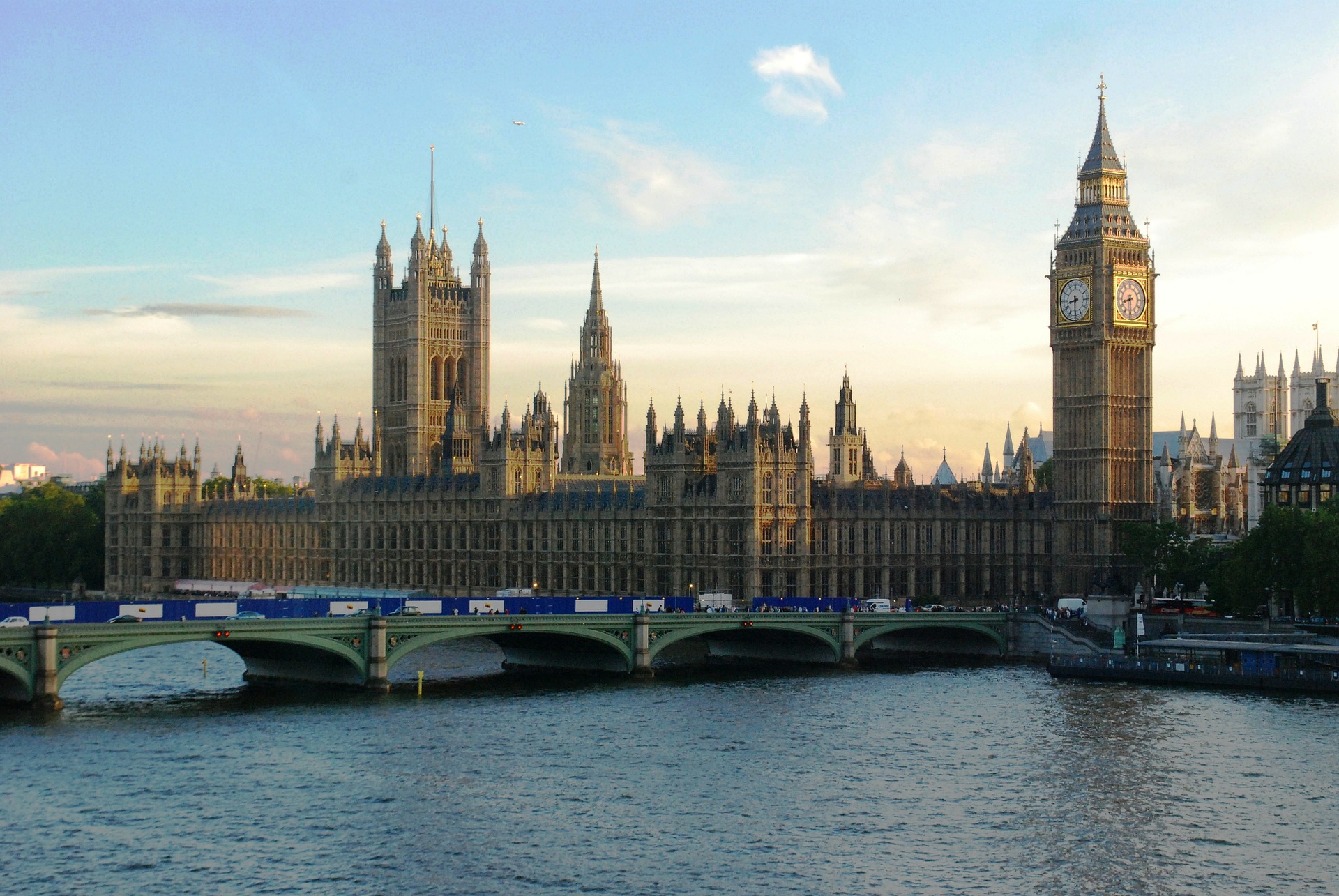
Critical Things You Should Remember About Handling Injury Cases
February 4, 2020
Clear the Lobby: What laws are MPs voting on this week (w/c 10th February)?
February 9, 2020Article by Vincent Guereca-Adair
Look around the world today and the evidence of climate change is everywhere. A growing awareness of the crisis is putting climate change at the top of the agenda for individuals, states, intergovernmental institutions and private organisations. The transition to zero carbon emissions by 2050 requires a drastic reorganisation of the global economy and 2020 is likely to see increased environmental activity as private, and public actors are affected by this change. The Student Lawyer has previously analysed the current trend of climate-based litigation. This article will look at some of the wider implications of the climate crisis and what this could mean for lawyers and their clients.
Environmental regulation
Let’s start with the obvious. Environmental legislation already exists in abundance. There are regulations focused on protecting air and water quality, controlling the disposal of waste and promoting energy efficiency and environmentally responsible planning. Many law firms already provide clients with advisory work on how to navigate this myriad of regulations. Many other lawyers also monitor compliance and are ready to litigate against or defend parties that may breach these legal standards.
As we move forward, the body of climate-based legislation will undoubtedly increase. The Climate Change Act 2008 (2050 Target Amendment) Order 2019 made achieving net-zero by 2050 a legal requirement. This puts the pressure on central and local governments to introduce laws and policies that either nudge or directly enforce behaviour towards this target. Urban centres are increasingly considering clean air zones and bans on certain types of transport. Sectors with large carbon footprints, particularly transportation and retail, could face waves of regulation if they fail to adapt rapidly enough to satisfy public demands. Clients in such sectors will need expert legal advice to unpick these regulations to ensure compliance and avoid liability.
The private sector, however, could also lead the change. The appetite for sustainable innovation is there, and for many companies, CSR is more than just PR. Rather than waiting to be regulated, many companies are proactively developing sustainability policies. The Re 100 initiative, which includes many of the world’s most notable businesses, requires a commitment to 100% renewable electricity. Strategies to limit the carbon footprint of corporate offices are common, and initiatives to encourage best practice by consumers are growing. Developing such policies is complex and, due to their legal nature, there are opportunities for lawyers, as trusted advisors, to get involved.
Energy
The climate crisis provides both risks and opportunities for the energy sector. Decarbonising the economy requires moving away from the traditional forms of energy production. As the demand for sustainable energy increases, traditional energy suppliers will be forced to adapt. How these businesses might change is up for debate, but there will undoubtedly be legal work involved. New competitive pressures will result in mergers, acquisitions, financial successes and potential failures. Corporate and commercial legal work will be essential for this. Changes in consumer demand will encourage investment in new projects, which will require sound financial advice. The growth of clean-tech will naturally result in demand for IP and TMT lawyers. The legal opportunities arising from these challenges are countless.
The risk will also result in innovation. While traditional businesses are adapting, new companies will emerge. The UK domestic energy market is seeing the growth of alternative suppliers who are increasingly challenging the Big Six. The search for solutions to the climate crisis will naturally lead to new disruptive initiatives with the potential for rapid growth.
Insurance
One of the largest sectors being affected is insurance. The figures speak for themselves; experts estimate that insured losses resulting from natural catastrophes in 2017 were around $140 billion. The Intergovernmental Panel on Climate Change has suggested that total global economic damages by 2100 could exceed $69 trillion if global heating surpasses 2 degrees Celsius. Insurers must be worried.
As extreme weather causes floods and fire around the world, the victims will naturally seek to recover their losses. Insurance companies are also often inevitably involved in climate-based litigations, which are only set to increase. As more victims suffer climate change-induced loss, more claims will be made against the insurers, and the sector will become increasingly strained. The impact of this could be passed on to the consumer and those in high-risk areas might eventually find that insurance becomes unavailable or unaffordable.
The industry is acting to mitigate this risk. A report by the Unfriend Coal Campaign has identified that at least 35 large insurance companies, which constitute about 37% of the industry’s total assets, have started divesting from coal projects. Notably, European insurers are leading this move and US insurers a lagging behind. This exodus of insurance companies could prove significant. If coal projects become uninsurable, the risks for investors significantly increase. This could encourage investment in newer, more sustainable forms of energy production. In turn, increased investment in sustainable energy would result in more projects and more commercial activity, which would inevitably lead to more disputes. The climate crisis is forcing businesses to change how they operate. Due to the interconnected nature of the world economy, these changes have far-reaching implications, all of which will require advisory, transactional or contentious legal practice.
Civil liberties
Humans are at the centre of all of the happening, and it is also clear how extreme weather is having a direct impact on people’s security and livelihoods. The social implications of climate change are boundless. As areas become unsafe or uninhabitable, the people who live there will be forced to flee. Many climate refugees will arrive with nothing and need to rely on the social welfare system for support and security. Law centres and legal aid lawyers will be essential for facilitating the provision of safe harbour to the victims of displacement.
The past few years have seen a marked increase in social action to respond to the crisis. Protesters are increasingly willing to resort to civil disobedience to reflect the urgency of the situation. I can only see this increasing. The legal response to this, and the legal defences to that response, are mostly untested. As we move towards 2050, they undoubtedly will be.
This article presents a mere snapshot of some of the broader implications the climate crisis has. It is certainly not exhaustive. Where there are action and change, there is a need for lawyers. Whatever sector or practice you want to work in, be it private, public or third sector; commercial or social; contentious or non-contentious, climate change will have an impact. Being aware of this is essential. The climate crisis is the defining issue of this generation, and its effects will be felt for years to come.





